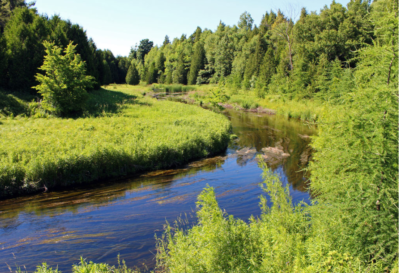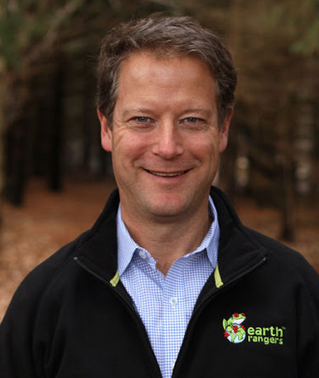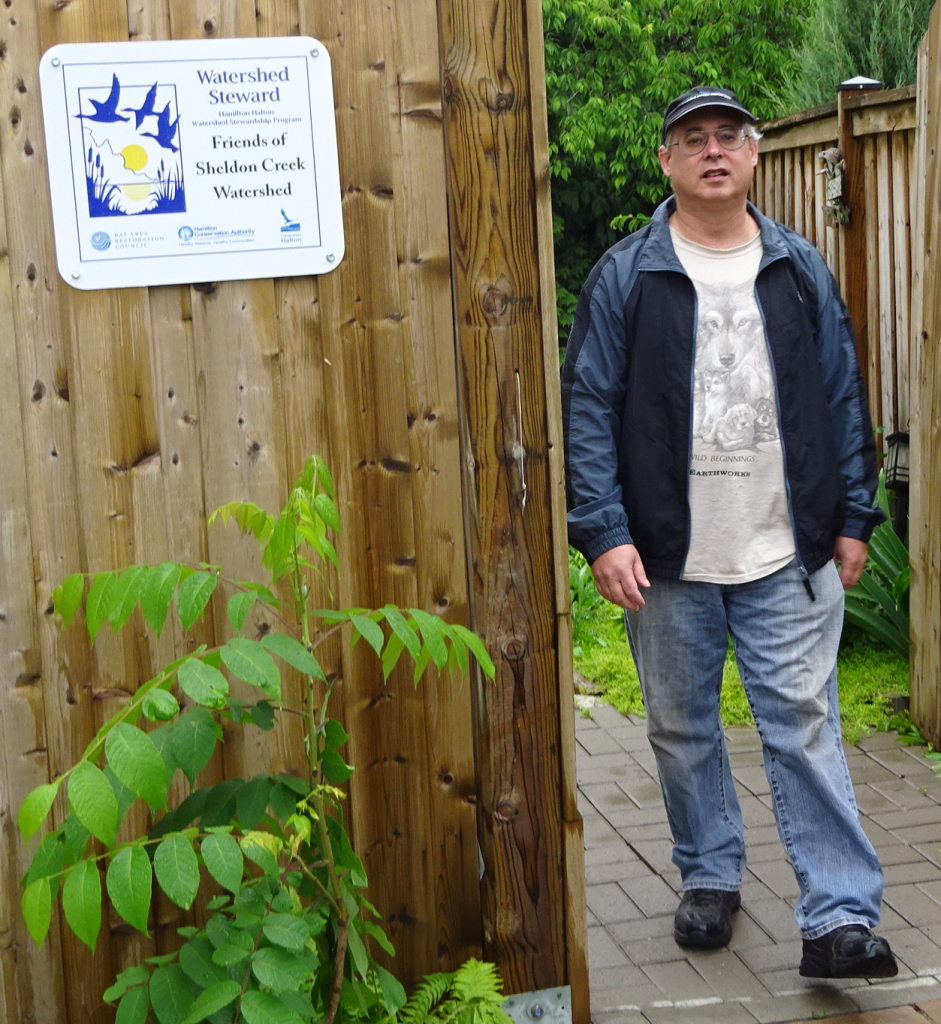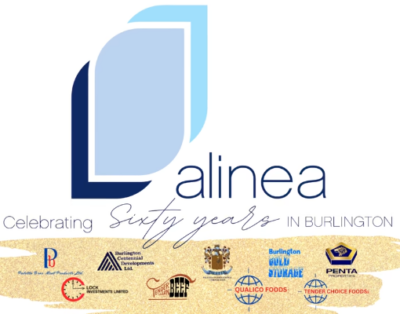 By Staff
By Staff
April 1st, 2021
BURLINGTON, ON
The Ontario government has established a working group of conservation experts to identify opportunities to protect and conserve more natural areas in order to enhance the province’s natural diversity and provide more recreational opportunities for people to enjoy the outdoors.

Protected and conserved natural areas is a top priority
“Expanding protected and conserved natural areas is a top priority in our Made-in-Ontario Environment Plan and we want to find new, innovative ways to meet this commitment,” said Jeff Yurek, Minister of the Environment, Conservation and Parks. “That’s why we want to hear from conservation and community leaders whose expertise can help identify new strategies to leverage the ideas, talents and expertise of the private sector and other outside organizations to help build on our government’s conservation efforts, like the Greenlands Conservation Partnership.”
The Protected Areas Working Group is made up of experts from the private sector, non-governmental organizations, as well as representatives from Indigenous communities.

Peter Kendall (Chair), Executive Director, Schad Foundation
Members include:
• Peter Kendall (Chair), Executive Director, Schad Foundation
• Andre Vallillee, Environment Program Director, Metcalf Foundation
• Chris McDonell, Chief Forester, Rayonier Advanced Materials
• David Flood, Chair, General Manager, Wahkohtowin Development GP Inc.
• Geoff Burt, CEO, Consecon Foundation
• George Ross, former Deputy Minister of Northern Development and Mines, and Research and Innovation and Consumer Services
• John Beaucage, Principal, Counsel Public Affairs and former Chief of Wasauksing First Nation
• John Snobelen, former Minister of Natural Resources
• Lorne Johnson, Vice-President, Ivey Foundation
• Lynette Mader, Manager of Provincial Operations, Ducks Unlimited
• Mike Hendren, Vice-President (Ontario Region), Nature Conservancy of Canada
• Paul Genest, Senior Vice-President, Power Corporation
The working group will explore a number of areas, such as identifying opportunities and addressing barriers to increasing protected and conserved natural areas, and how public-private partnerships could be used to further advance conservation efforts. The working group will deliver a report with recommendations to the Minister of the Environment, Conservation and Parks.
Peter Kendall, Executive Director, Schad Foundation will chair the new Protected Areas Working Group which is made up of some of Ontario’s leading conservation experts.
“For the next two months, our group will identify opportunities to increase protected areas in Ontario. By working together, we are confident Ontario will once again become a leader in conservation, said Kendall.
The members of the working group bring a lot of credibility to the task. What seems to be missing is a way for local environmentalists to have their voices heard.

Vince Fiorito has been a consistent advocate for stronger environmental protection
The people who take care of the creeks and open spaces and who are active locally need to be heard and have an opportunity to comment while the work is being done and not after a report is issued.
It would be nice if Peter Kendall undertook to issue a draft for public consideration and then, after looking for way s to include public comments and ideas move on to the final report.
QUICK FACTS
• Ontario manages and protects 340 provincial parks and 295 conservation reserves, totaling 9.8 million hectares or over 9 per cent of the province.
• Conserving natural spaces can play an important role in mitigating and adapting to the effects of climate change by providing safe havens for wildlife, capturing and storing carbon, and improving resilience to weather events, such as flooding and drought.
• Recently, the government announced an investment of $20 million over four years in the new Greenlands Conservation Partnership to help the Nature Conservancy of Canada and the Ontario Land Trust Alliance secure land to conserve ecologically important natural areas and protect wetlands, grasslands and forests that help mitigate the effects of climate change.


















I’m interested to understand how this squares with Schedule 3 of Bill 257 that appears to move in the opposite priority direction.
we should be happy these individuals want to make a difference. However, like other volunteer advocates for urban issues, they will be fighting a government that is antithetical to such initiatives, both through direct opposition and stealthy undermining legislation under cover of covid. It will be an uphill battle.
I think Burlington has to think very carefully about maintaining the greenspace links they have along its rivers and creeks. Talk of paving or even only manicuring stream edges for bikeways and even tarmac walking trails is criminal. (Probably Big Brother/Mother would decree painted lines and arrows to show you which side and direction you should be walking, but I digress….)
We need to preserve and enhance the relative wildness of what exists along these greenways and soften down areas that have already been hard-scaped. Keep your tarmac trails for parks and hydro right-of-ways, if you have to indulge in them – leave the watersides natural – for us and, more importantly, for the other living things that use them.
This should make those like Vanessa Warran and other members of Burlington Advisory Committees happy. Keeping up the pace on such issues in a COVID era is not easy as attention of our governments is certainly elsewhere. Those like Vanessa and many othersm, who freely give of their time, neerd to be appreciated and encouraged as much more must be done,